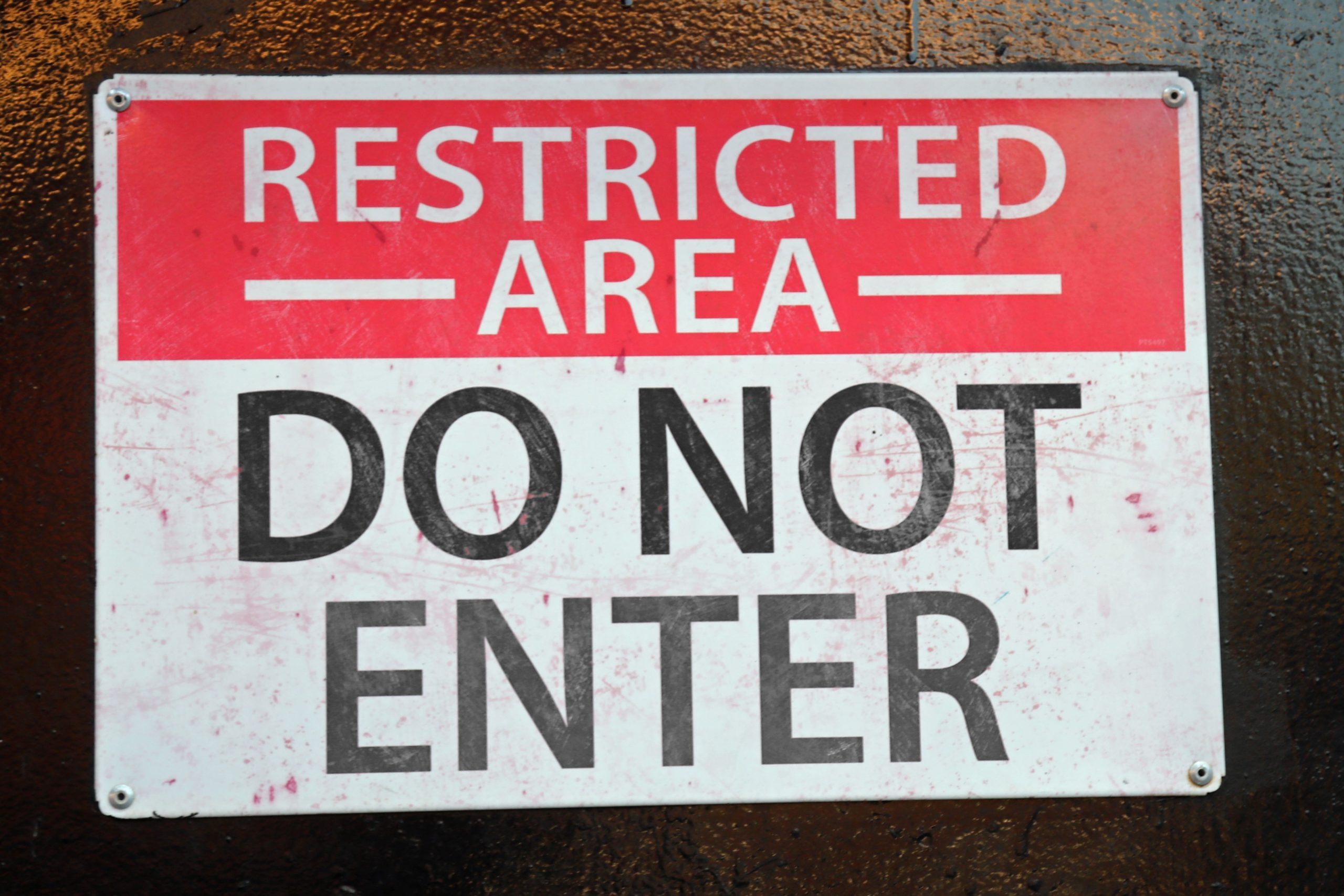
Canadian Lottery Coalition wants betting ads limited to Ontario
The coalition aren't happy ads being aired outside of regulated market
The Canadian Lottery Coalition says that advertising for sportsbooks that are only regulated in Canada in the Ontario market shouldn’t be broadcast to the public nationwide.
“We are in a fight with people that are operating illegally in our provinces,” Canadian Lottery Coalition spokesperson Marie-Noëlle Savoie told CBC News. “We’re obviously not very happy about it.”
In addition to her role with the CLC, Savoie is also the British Columbia Lottery Corporation‘s Chief Compliance Officer and Vice-President of Safer Play & Enterprise Integrity.
The group of lottery and gaming corporations spanning eight provinces argue that some operators who are now legal and licensed in the open and regulated Ontario market are still unregulated grey-market operators in closed provinces.
Regulated sportsbooks in Ontario have the right to advertise nationwide in return for paying regulatory fees and taxes and adhering to the Alcohol and Gaming Commission of Ontario‘s and Canada’s responsible gambling frameworks. The coalition wants that right to be limited to the licensed market of Ontario to prevent Canadians in unregulated markets from being inundated with ads for sportsbooks that aren’t legal to use where they live.
Savoie said that currently, sportsbooks get a media buy that equates to “if you buy in Ontario, you get Canada.”
“It’s not ideal when you have competitors, but they’re actually not competitors in your market, showing up as if they are competitors.”
The Canadian Lottery Coalition also argues that allowing sportsbooks to advertise where they are not licensed to operate threatens the revenue of lottery corporations.
The coalition estimates that illegal or grey market platforms in Canada are taking more than $1.8 billion annually from legal gaming operators.
That was a big factor cited in the long-term push for Ontario to open a regulated gaming market. By regulating gaming and bringing grey market operators into a legal operating framework, Ontario recaptured some of the revenue that was being lost to unlicensed operators back when the Ontario Lottery and Gaming Corporation was the only legal provider.
Numbers released by iGaming Ontario late last week showed that the second year of Ontario’s open market brought in $2.4 billion in revenue for the province through non-OLG online gaming operators, a year-over-year jump of 71.4%.
Canadian Lottery Coalition hopes public opinion sways issue
Savoie told CBC News that the coalition has held discussions with broadcasters and the federal government about geofencing sports betting advertising for the last two years to no avail.
Rogers Sports & Media, which owns Sportsnet, noted that adverts for sportsbooks only licensed in Ontario displays an “Ontario only” disclaimer. The Canadian Radio-television and Telecommunications Commission (CRTC), which regulates broadcasting and telecommunications in the public interest, stressed that it does not regulate gambling companies as they fall under provincial jurisdiction.
Savoie hopes that recent data seemingly showing that many Canadians do not want to see these adverts could force the issue.
A study from public research firm Maru found that 66% of its respondents think sports betting commercials should not be allowed during live sports. The survey also found that 59% of respondents believe a nationwide ban on sports betting ads should be implemented immediately.
The reasoning behind those opinions mainly hinged on protecting children and young adults from sports betting marketing. It’s worth noting that older demographics and less frequent sports bettors were more prone to object to sports betting advertising.
Savoie hopes that public opinion could sway the matter with broadcasters and the government.
“The fact that people are starting to speak up I think might change it,” she said. “When the public doesn’t want to see it, it could change.”
There is currently a piece of tabled legislation that would seek to change the situation. Bill S-269 seeks to set a national standard for sports betting advertising, bringing it in line with similar regulations regulating tobacco and alcohol ads. That bill is currently in its second reading in the Senate and was last read in November.